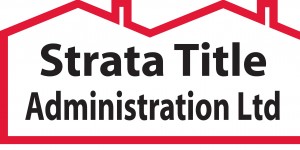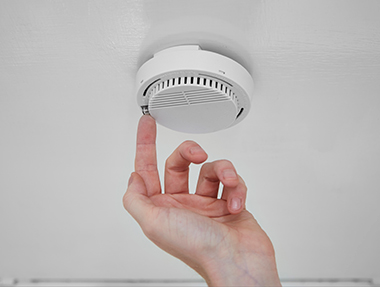IMPORTANT ANNOUNCEMENT: STRATA TITLE NO LONGER ACCEPTING CHEQUES
STRATA TITLE NO LONGER ACCEPTING CHEQUES
With the phasing out of the cheque payment process within New Zealand, Strata Title Administration can no longer accept cheques as payment. Effective the 30th June 2021, no cheques will be processed, via our Accounts department.
Payments can be made via direct deposit into our ASB bank account, credit card, or alternatively payment can be made via international transfer. If you are paying from outside New Zealand, please use swift code ASBBNZ2A. Bank details can be found on your levy notice, all notices are available via your owner portal.
Please accept our apology for any inconvenience these changes have caused.
Should you have any questions, please direct these to: bc@stratatitle.co.nz .
Yours sincerely,
Nicola Bullock
General Manager/Director
Strata Title Administration


